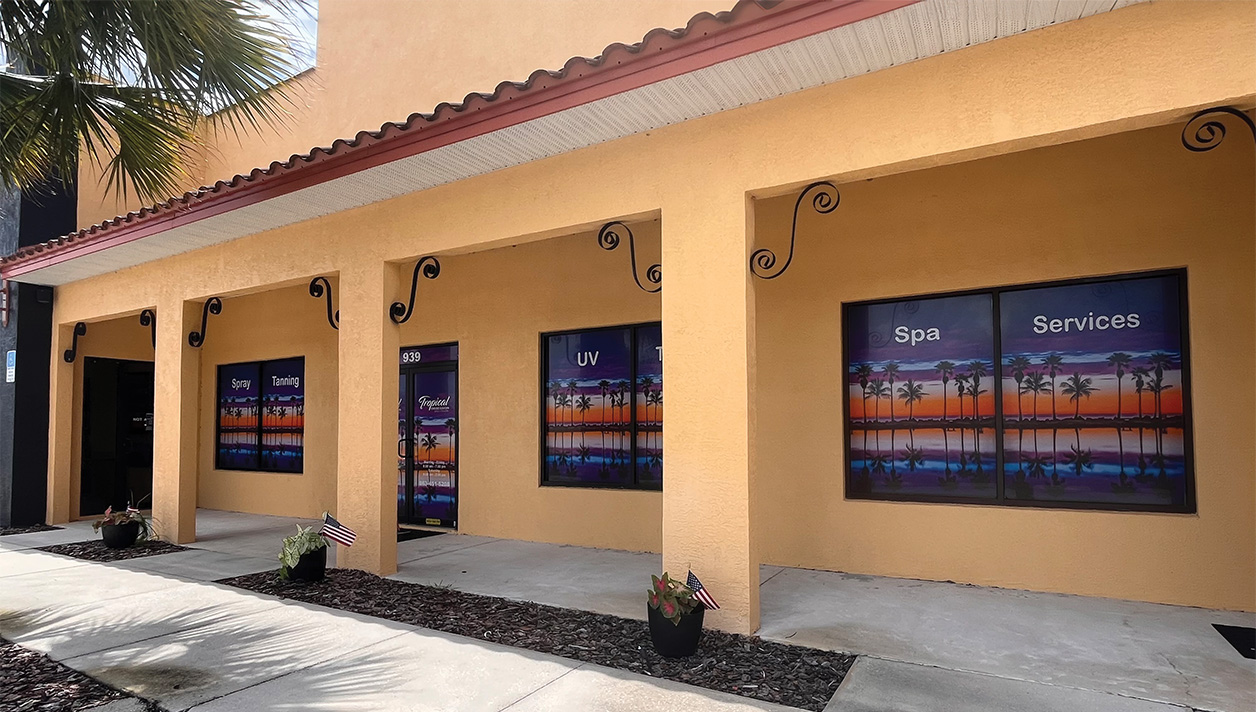Of our five senses, the sense of smell is the only one that passes through the limbic system first. What’s the limbic system? Just the most primitive part of the brain, which is thought to be the center or core of our emotional being … oh, it gets deeper!
Yes – scent-sensations (or smells) enter our nose and send instant, complex signals to our brain where we process information that matches scent patterns with information retrieved from past experiences or thoughts. These instant signals stimulate the deepest part of our brain before we can even realize or identify the fragrance as vanilla, coconut, rose, etc. By this time, the scent has already triggered a more deep-seated emotional response over which we have no control.
Become your guests’ new go-to authority on lotion scents!
Ever heard somebody profess they’re undying love and affection for a specific fragrance that wafts your way and makes you throw up in your mouth a little? This is why:
In one survey, people were asked, “What are your favorite smells?” The answers included many smells generally regarded as unpleasant – like gasoline and Magic Markers – while some smells typically thought of as pleasant, like vanilla, coconut and rose, were strongly disliked by certain survey respondents. The explanation: an association between the fragrance and the memory of a good or bad experience.
Despite some occasional unique individual opinions, we can make some basic observations, like: we tend to “like what we know”; most people tend to like the scents they know and can recognize. There are also some scents that everybody or most seem to love – such as vanilla, an increasingly popular ingredient in perfumes which has long been found in fragrance studies to be a standard “pleasant odor.”
Fragrance can even influence a salon person’s perception of a product’s performance. In one study (a consumer test of shampoos), a product which participants initially ranked last on general performance was ranked first in a second test after its fragrance had been altered to be more likeable. In the second test, participants said that the shampoo was easier to rinse out, foamed better, and left the hair glossier. Only the scent had been changed!
What does this mean in your salon? It means that your fragrance-conscious guests have very little control over what they love and hate when it comes to smell. When selling tanning lotions, we tend to focus more on performance over scent when more often than not, a tanner will buy based on fragrance alone despite the product’s other ingredients or what it can do.
Become better at selling fragrance.
- Fragrance is personal, so your “yuck” may be their “fave.”
- There are 14 distinct fragrance families or types ranging from floral, fruity and citrus to woodsy, aromatic and oriental. Know them.
- Tanners will gravitate to one or several scent types. Know what types they like, so that you can suggest products with scents in those families.
- Their preferences are determined by their scent-memory associations (subliminal, in most cases). Spend time with your guests to help them discover all of them.
- Know your inventory of fragrances and types. It’s even a good idea to merchandise by fragrance type, since most lotion-buying decisions will come down to fragrance.
Want to see your sales increase? Become your guests’ new go-to authority on lotion scents. Smell ya later!





























